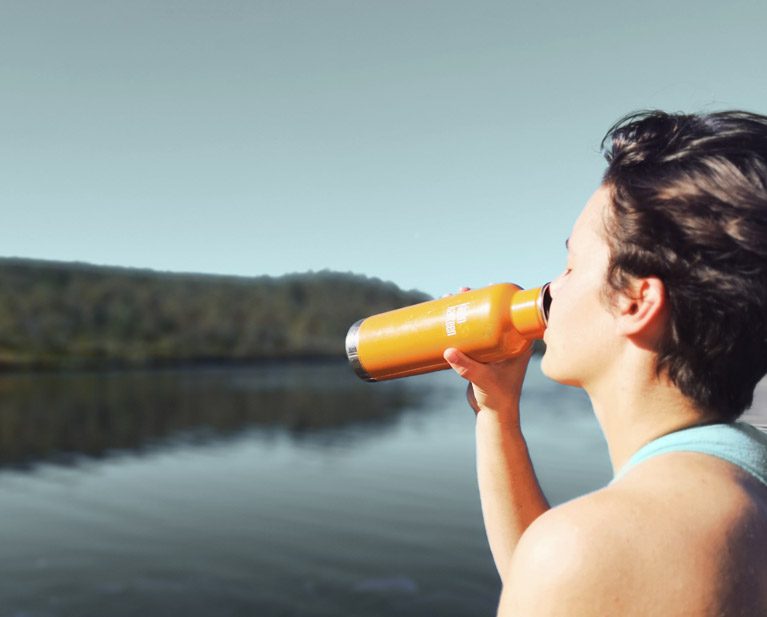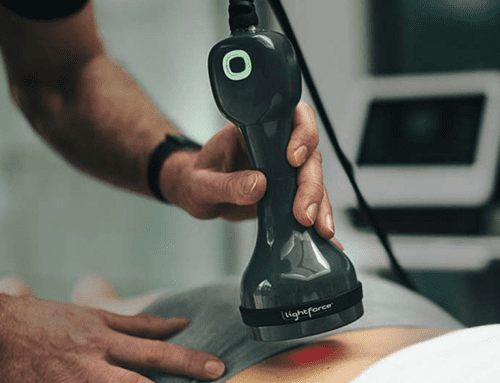Training programs wouldn’t be complete without proper hydration protocols. Often athletes can master the running and strength training components when preparing for a marathon or half marathon. However, many are unprepared when it comes to hydration. There will be plenty of water stations along the way during the race, but there is no need to stop at all of them. Consuming large quantities of water in a short period of time can deplete someone’s sodium stores and disrupt the body’s natural balance. Therefore, it is important to supplement your water intake with electrolytes.
When looking for hydration aides, it is important to examine the carbohydrate and electrolyte profiles of the drinks, powders, or tablets you are interested in. In general, if exercising for more than 60-90 minutes, it is important to add sports drinks to your hydration routine. In particular, it is important to consume sports drinks that contain 60g of carbohydrates per 1 L (or a 6% g/100mL solution). This will help to replenish glycogen stores to ensure adequate energy for high intensity activity. In addition to carbohydrates, it is important to consume sports drinks that contain electrolytes commonly lost in sweat, including sodium, potassium, magnesium, and calcium. Sodium is the main electrolyte here but finding products containing the others mentioned above can also be helpful. If you are having trouble finding such products, even adding a small amount of salt to your drink can be beneficial (0.3-0.7g/L of fluid).
When is the Best Time to Hydrate?
Not only is hydration important during a big race, but it is also important before and after a competition. 2-3 hours prior to activity, it is beneficial to have 17-20oz of fluid. Then, as you are getting closer to the starting line, it is recommended that you consume 7-10oz of fluid (20 minutes prior to the race). While on the marathon or half marathon course, consuming 7-10oz of fluid every 10-20 minutes is definitely needed to maintain hydration. After completion of a race, it is beneficial to rehydrate 150% of body mass lost during exercise within the first 2 hours after crossing the finish line. Please see the Korey Stringer Institute article for more information on how to do this calculation. This is also a wonderful website and organization to learn more about proper hydration. Please recognize that this website can get very technical with the information provided since some components are geared toward clinicians.
Signs and Symptoms Associated with Dehydration
Though it is important to stay ahead of the game regarding hydration, it is just as critical to recognize signs of dehydration to ensure that you get the help you need during a race. If you start to experience any of the following symptoms, be sure to stop at one of the aid stations along your race course for further assistance.
Signs of Dehydration (Mild to More Serious)
- Increased thirst
- Irritability
- General discomfort
- Headache
- Weakness
- Dizziness
- Chills
- Cramps
- Nausea/vomiting
- Decreased performance
Typically in most race tents, there are athletic trainers, physicians, physical therapists, and even nurses who can assist with race-day ailments, including dehydration. It is critical to seek assistance early when symptoms are mild, to prevent more serious injury.
Hopefully, learning more about hydration recommendations helps to better prepare you for your big day. You have worked hard for this moment, so it is our hope here at Set that you enjoy your accomplishment while also staying safe! Contact us today if you need physical therapy services before or after your upcoming race. We are happy to help!
If you have not seen part of one of this two part series on marathon readiness, please check out our blog.





